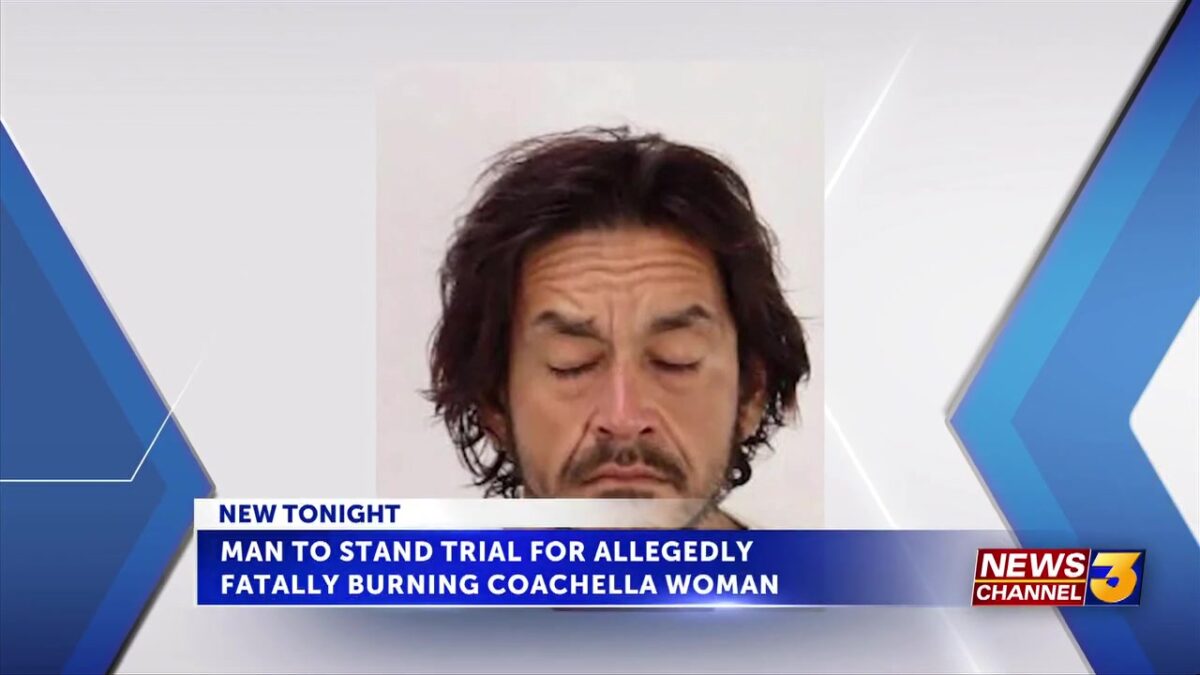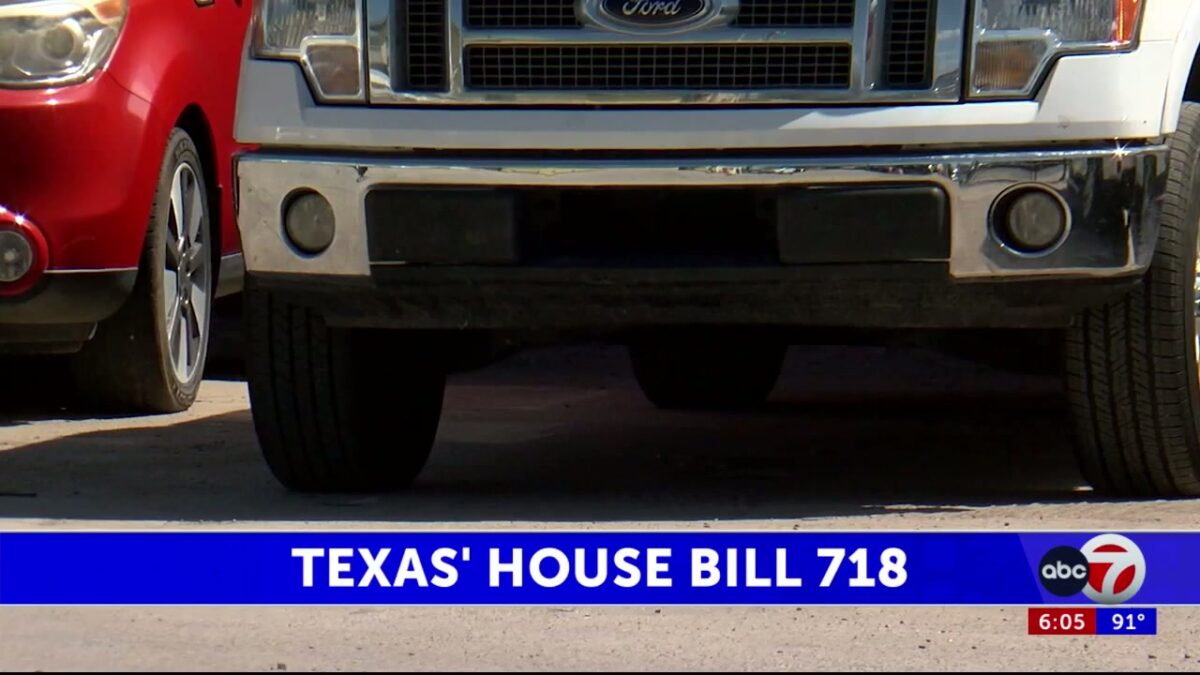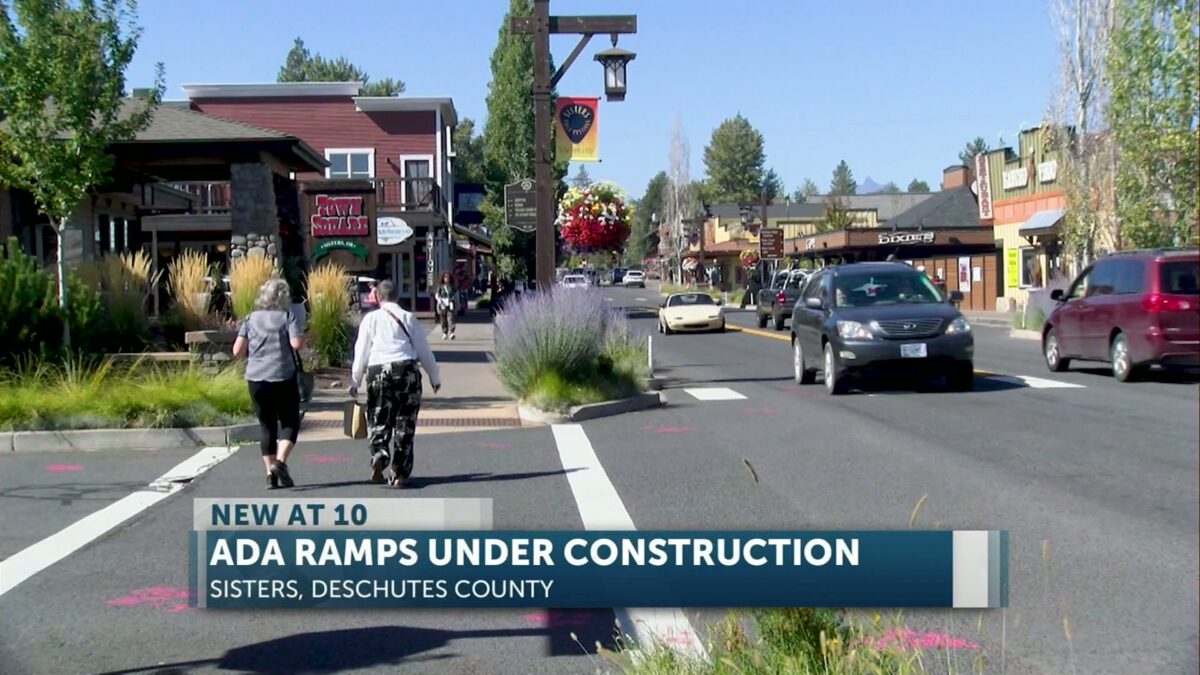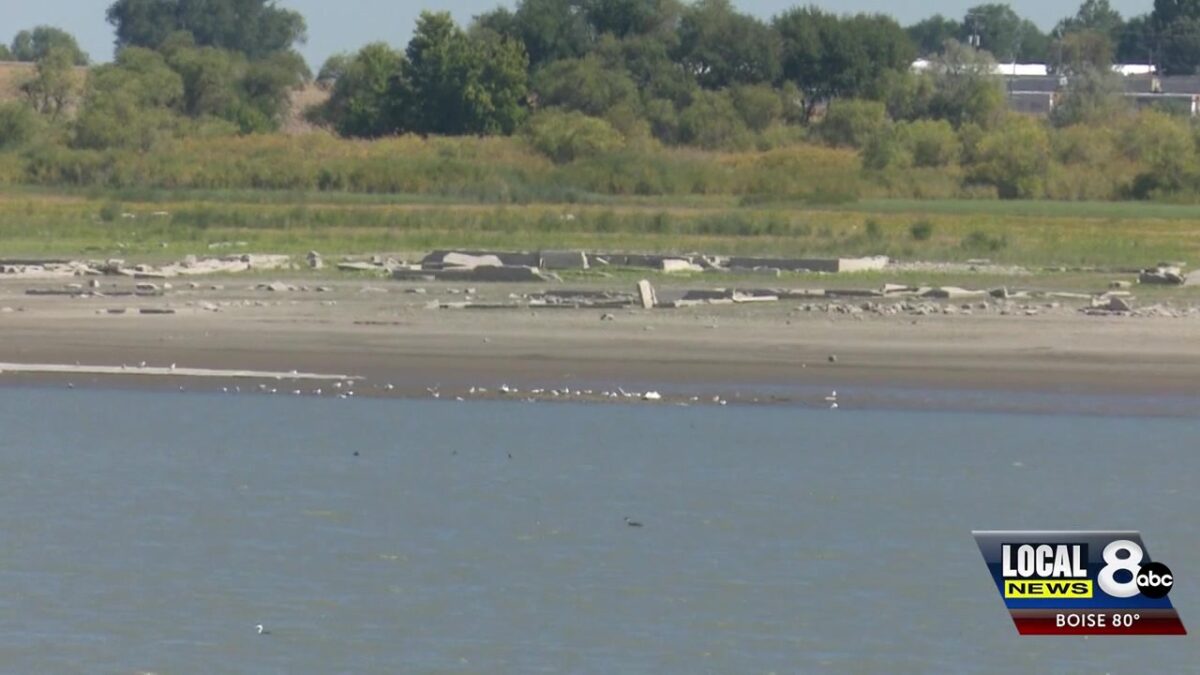Mizzou Greek Alliance sets goal to raise awareness of ‘Danny’s Law’
Marie Moyer
COLUMBIA, Mo. (KMIZ)
The Mizzou Greek Alliance set a goal to educate the public on the recently enacted “Danny’s Law” during this school year.
In a press release Tuesday, MGA presented its goals for the year. The goals include gaining 501©(3) status to offer tax deductions for donors, promoting Greek housing in the Columbia area and continuing their practice of providing training and education programs on hazing and Danny’s Law to University of Missouri campus fraternity officers.
Under the law, students who are the first to call 911 in a hazing-related emergency can be granted immunity from prosecution. The same immunity also applies to those who provide aid at the scene, including administering CPR or other forms of assistance.
“We’ve learned over the years from the data that’s available, is that many people who are harmed in hazing incidents could have been saved if someone had gotten help for them sooner,” MGA President Bob Selsor said. “We’re hoping that we’ve changed that dynamic.”
The law is named after Danny Santulli, a former MU student who suffered life-altering injuries during a fraternity hazing event in 2021. Supporters of the legislation say it fills the gap in existing hazing legislation, focusing on action in the moment instead of prevention or victim support after an incident.
“It’s widely believed that had people had called for help when it was clear that he was in big trouble, if they had called 911, when they should have placed that call, Danny would probably be fine today,” David Bianchi, an attorney representing the Santulli family, said.
Selsor said that along with general hazing information, seminars will also be held to inform students of how Danny’s Law works. The MGA press release also states that hundreds of informational posters on Danny’s Law have been handed out to Greek Houses across campus. MGA also plans to bring a consultant to campus to help train fraternity officers on the dangers of hazing.
“When a new crop of officers were elected among the fraternities at the university, we spent a great deal of time trying to educate them about the risks that are associated with the beginning of school,” Selsor said.
Selsor adds that this education also includes preparing members on how to address upperclassmen who may be hazing new members.
“There are risks associated with the beginning of school,” Selsor said. “The bars in Columbia just routinely allow underage students with fake IDs to get in, and some of these kids who are new to campus are simply not prepared for that.”
In a statement from MU spokesperson Christopher Ave, the university has had a focus on hazing prevention, publishing hazing reports since 2018 and recently releasing a “Prevent Hazing” school page where students can find resources to learn about hazing and a form to report hazing.
Ave adds that since 2022, students have been asked to take an online course on identifying and preventing hazing.
Ave also said that Mizzou’s Healthy Community Coalition prioritizes hazing prevention, with the group recently hosting a program for Mizzou Housing staff and leaders in Fraternity and Sorority Life that addresses bystander behavior.
Bianchi agrees that the more information, the better; however, current prevention strategies only go so far.
“I’ve been in a room of hundreds and hundreds of fraternity and sorority members, they’re there because they’ve been ordered to be there,” Bianchi said. “You just have to force-feed it to them and you have to scare them straight and the universities have to be tough, and historically, they have not been tough enough.”
Bianchi adds that some solutions include universities cracking down harder on perpetrators of hazing by having a more zero-tolerance approach.
The universities need to act swiftly, they need to expel everybody involved with no second chances and no excuses,” Bianchi said. “The frat guys know it, so therefore, they’re not that scared by all of this, it’s time to scare them.”










